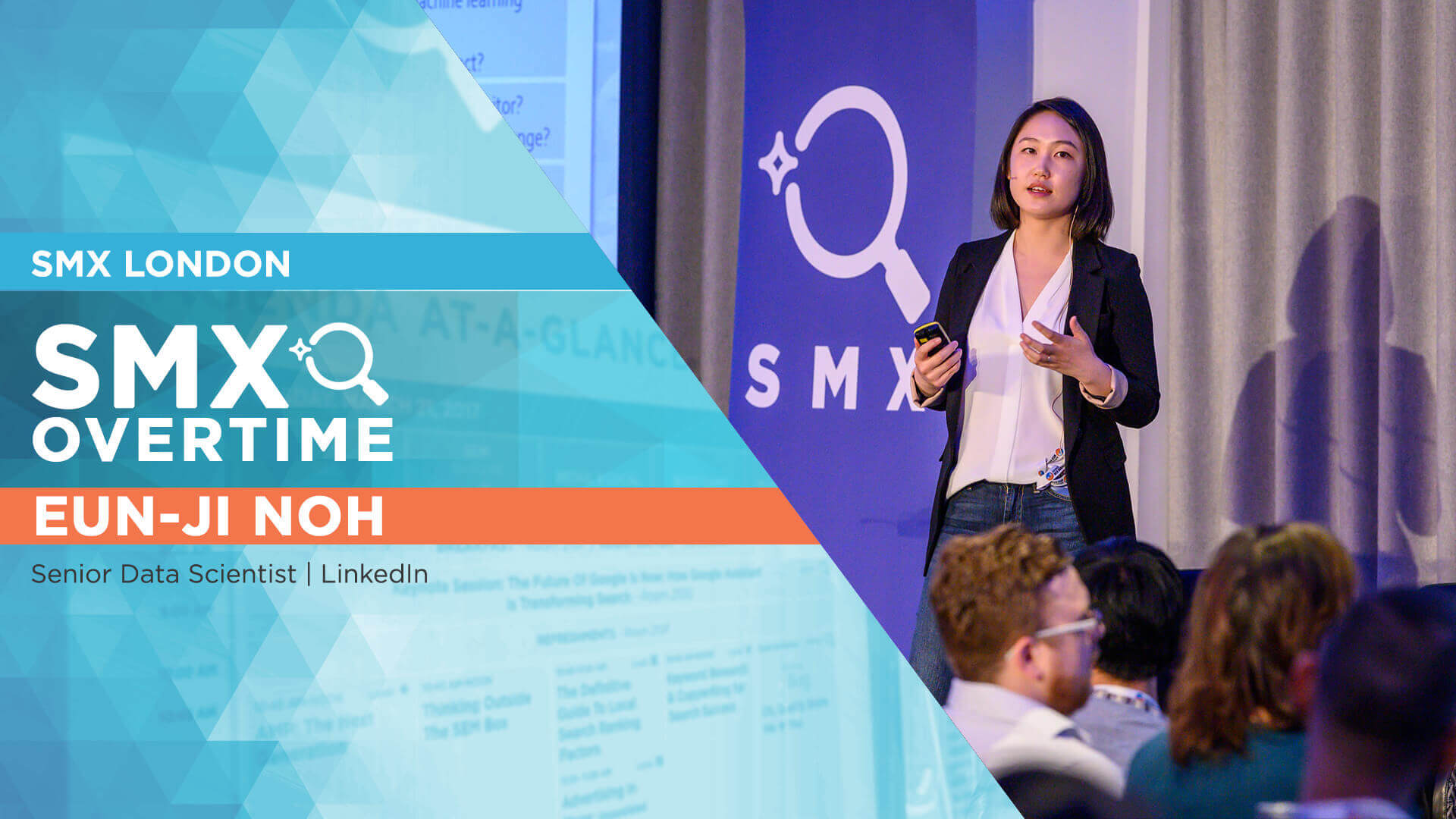
I am a senior data scientist at LinkedIn working on SEO and guest experience. I presented at SMX London last month about how to apply data science in SEO. The session covered topics including metrics, A/B testing, SEO vs. SEM cannibalization testing and machine learning for content quality. Here are a few questions from session attendees with my responses.
For A/B testing, do you use any specific tools/processes?
We have an internal infrastructure that supports user-friendly A/B testing setup and does automatic statistical analysis for key metrics. If you are interested, you can see this paper [pdf] about how we do experiments at LinkedIn. If you do not have the internal tools available, you can randomize your target set of URLs and compare your metrics from two groups of URLs using open source statistical test solutions such as R, Python Scipy package, etc.
How do you sample SEO A/B testing? For how long do you run it?
At LinkedIn’s scale, where often we have more than hundreds of thousand URLs in each experiment, we can just simply randomize URLs into two groups and compare their metric impact. However, when we start the experiment, we roll out the experiment feature gradually from a small percentage to 50% to minimize risk from the experiment.
In terms of the experiment duration, it depends on the type of experiment and the type of product we experiment on. But generally, we try to run it at least a month to give enough time for search engines to crawl the new changes and reflect them in search ranking.
What were the results for SEO vs. SEM cannibalization test?
For the keywords we chose for that specific test, we did not see any impact in organic search traffic. So we were able to move on to roll out the SEM campaign. This learning, however, would not apply to all cases since it would depend on the keywords and pages you target. So I recommend running an experiment before your SEM campaign if cannibalization is your concern.
How did you use content quality for SEO recommendations? Do you force users to add photos or other product recommendations or SEO actions?
Rather than encouraging users to enhance the contents on their profile or other pages, we plan to use this score in SEO use cases such as directory, cross-link, etc. We would like to surface better quality pages to search engines and searchers by using the score.
How do you get into this field (data science and SEO)?
When I was in graduate school with an industrial engineering major, I took a machine learning class and got immediately hooked. The idea of finding patterns and insights from the data fascinated me. In terms of application to SEO, it was only at LinkedIn that I started working in the SEO area and learning about it. Even after working in SEO for three to five years, I think there is still a lot of exciting data science work to be done in this area. It was a great pleasure for me to share some of my work at SMX London this time and I am looking forward to more to come!
Opinions expressed in this article are those of the guest author and not necessarily Search Engine Land. Staff authors are listed here.
